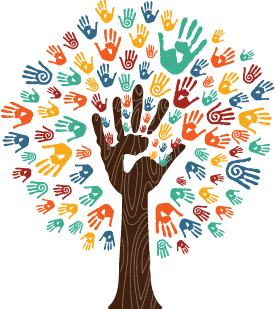

This database is a component of the Linkable Open Data Environment (LODE). This database aims to provide enhanced access to a harmonized listing of cultural and art facilities across Canada by making it available as open data. Data sources include provincial/territorial governments, municipal governments, and professional associations. The ODCAF compiles open and publicly available data on cultural and art facilities across Canada. It is released under the Open Government License - Canada. The report includes some good practices that countries have taken to address the challenges they face, including the establishment of specialised units and access to relevant databases and cooperation with experts and archaeologists to help identify, trace, investigate and repatriate cultural objects.The Open Database of Cultural and Art Facilities (ODCAF) is a collection of open data containing the names, types, and locations of cultural and art facilities across Canada. The report includes a list of risk indicators that can help public and private sector entities identify suspicious activities in the art and antiquities markets, and also highlights the importance of rapidly identifying and tracing cultural objects involved in money laundering or terrorist financing. This results in a lack of investigative resources and expertise, and difficulties with pursuing cross-border investigations. The vast majority of market participants do not have a connection to illicit activities, but there are risks associated with these markets and many jurisdictions do not have sufficient awareness and understanding of them. Criminals seek to exploit the sector’s history of privacy and the use of third-party intermediaries while terrorist groups can use cultural objects from areas where they are active to finance their operations.

Paris, 27 February 2023 - The market of art, antiquities and other cultural objects has attracted criminals, organised crime groups and terrorists to launder proceeds of crime and fund their activities.


 0 kommentar(er)
0 kommentar(er)
